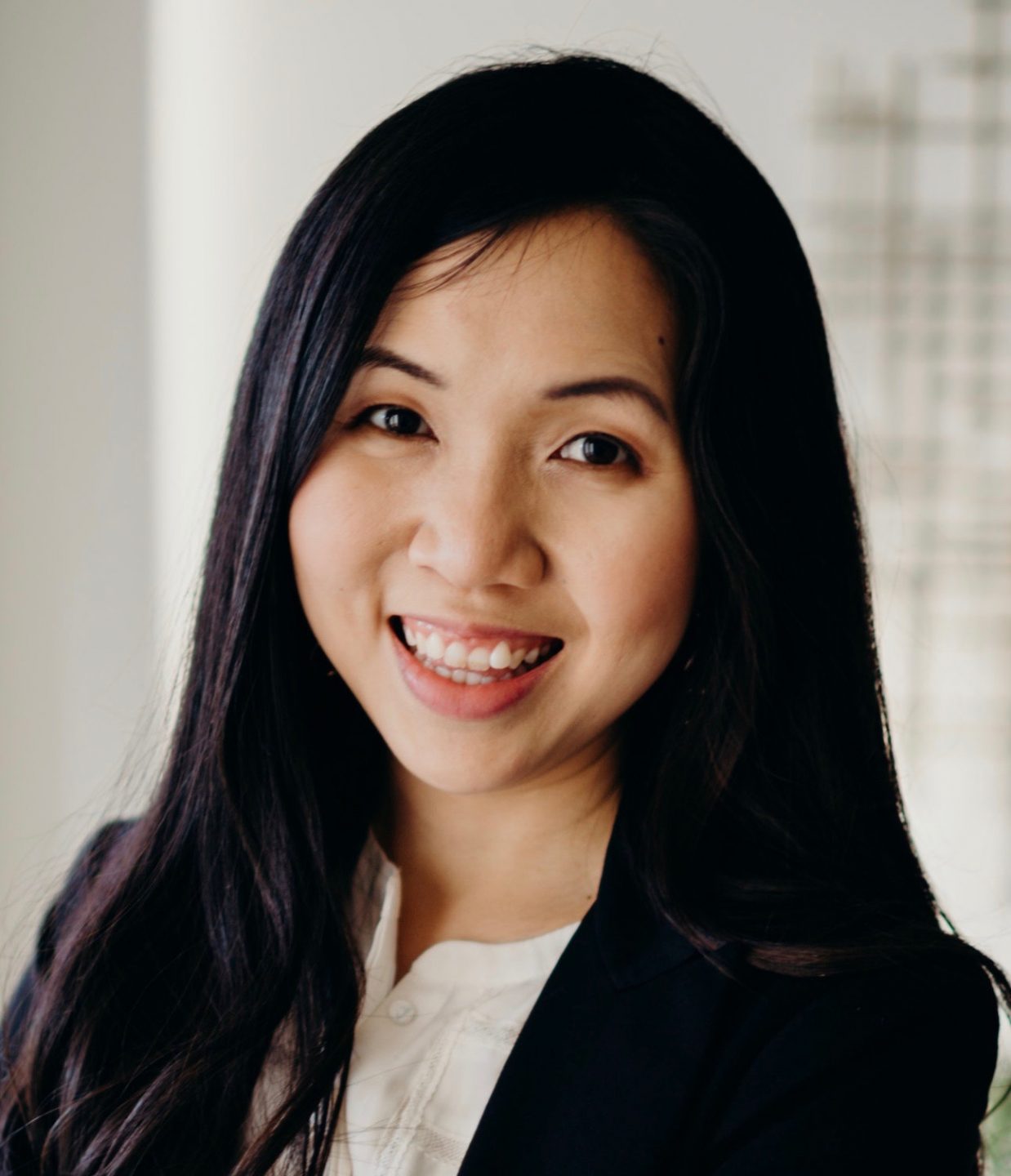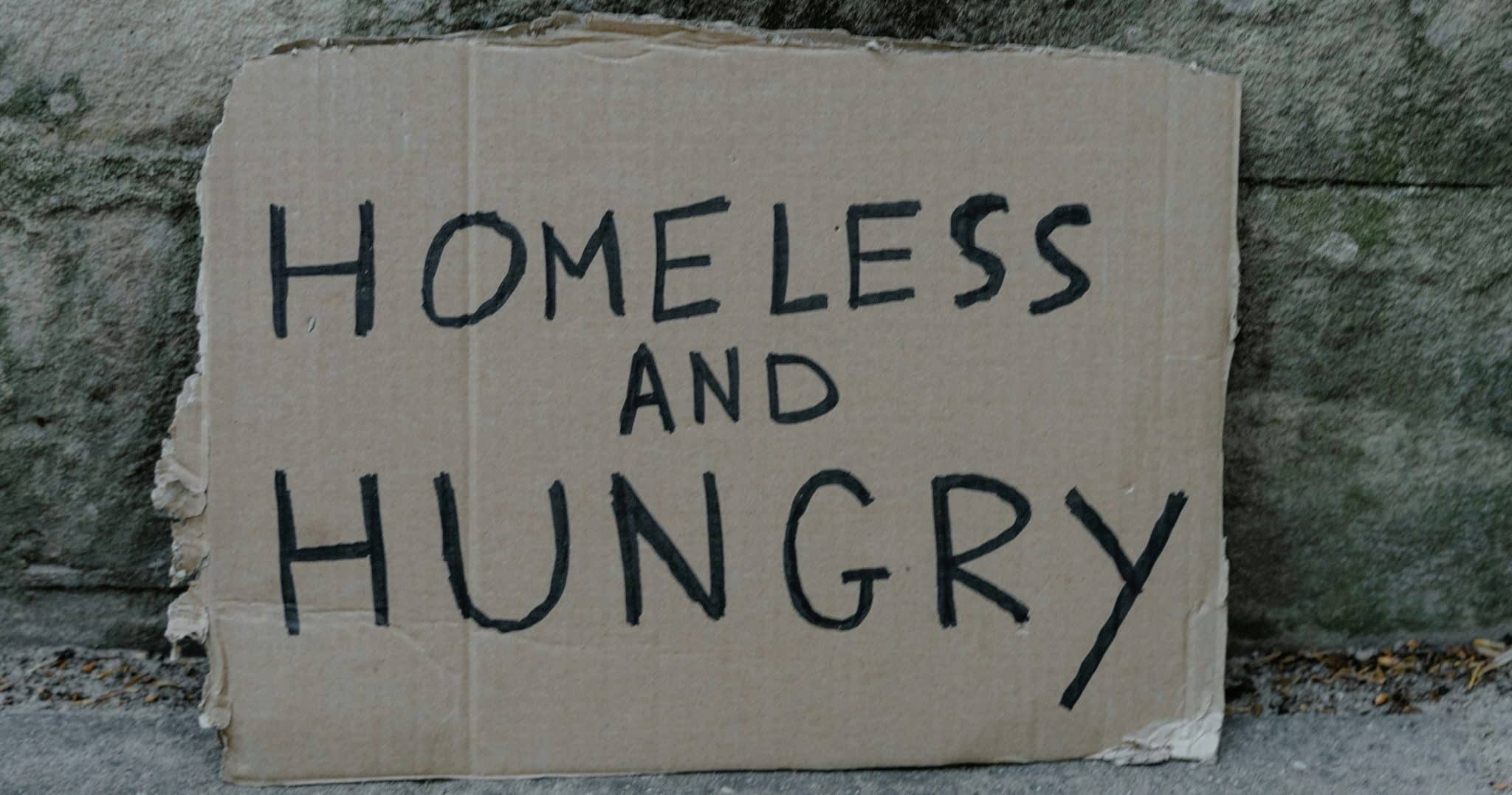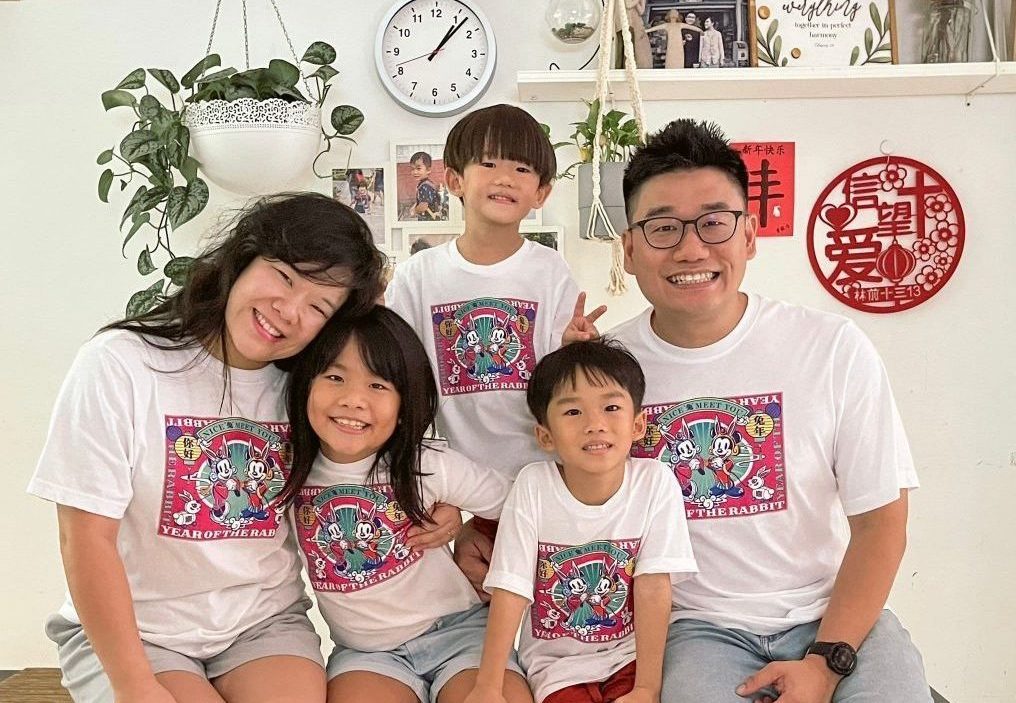My two copper coins: A doctor returns to the frontlines
Dr Tam Wai Jia // April 23, 2020, 8:02 pm
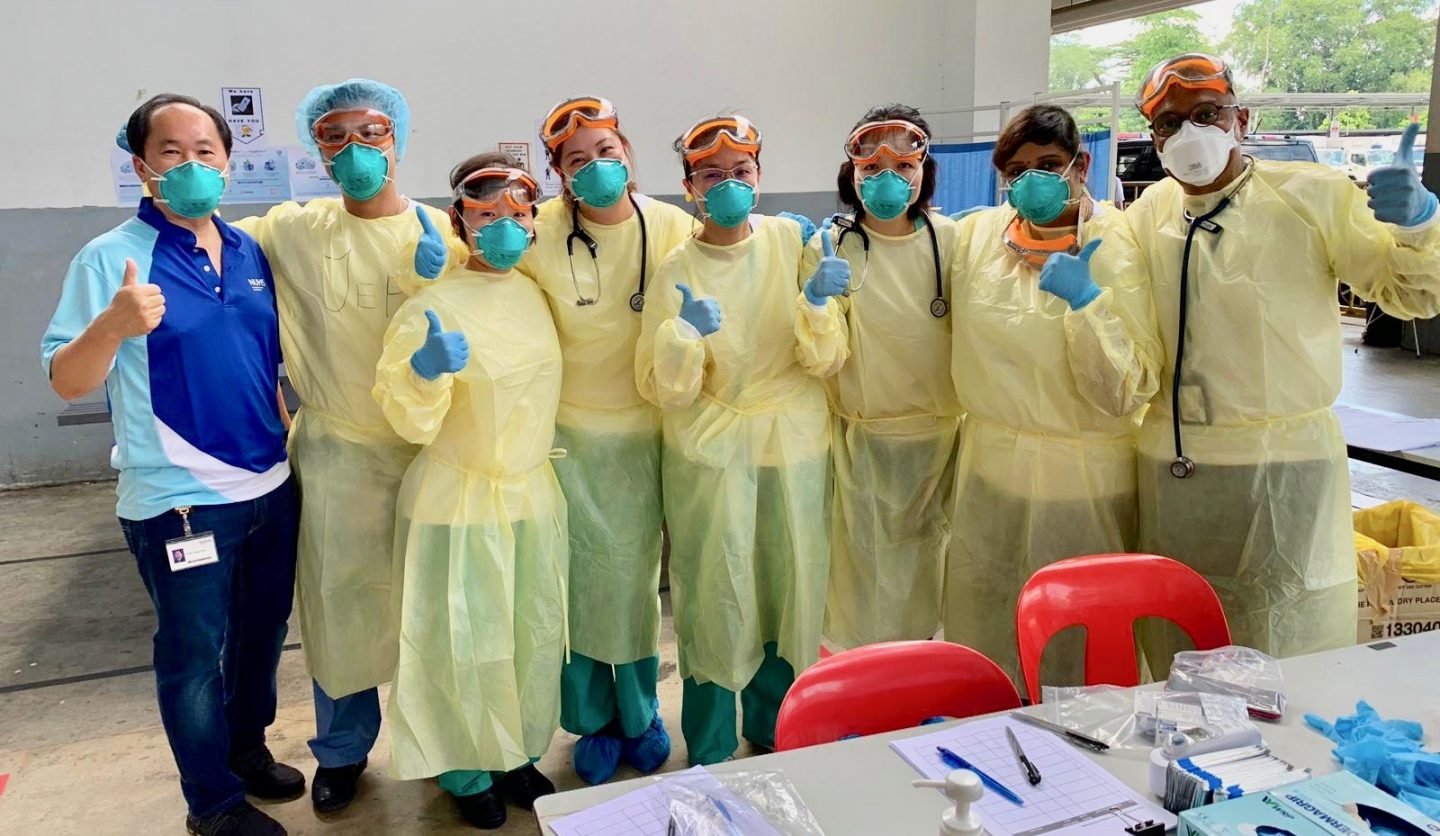
The medical team at a migrant dormitory led by Wai Jia's mentor, Prof Malcolm Mahadevan (extreme right), who led her back into clinical medicine. All photos courtesy of Dr Tam Wai Jia.
“As Jesus looked up, he saw the rich putting their gifts into the temple treasury. He also saw a poor widow put in two very small copper coins. “Truly I tell you,” he said, “this poor widow has put in more than all the others. All these people gave their gifts out of their wealth; but she out of her poverty put in all she had to live on.” (Luke 21:1-4)
After seven years away from clinical work, it felt surreal that my first foray back to clinical work was into the thick of action, in full-blown personal protective equipment at a migrant dormitory.
A kind nurse taught me as I fumbled: “No, not like this, but like that.”
I wore my gloves then touched a table. (“Aww shucks, you gotta change ’em, Doctor.”) I degloved then regloved clumsily.
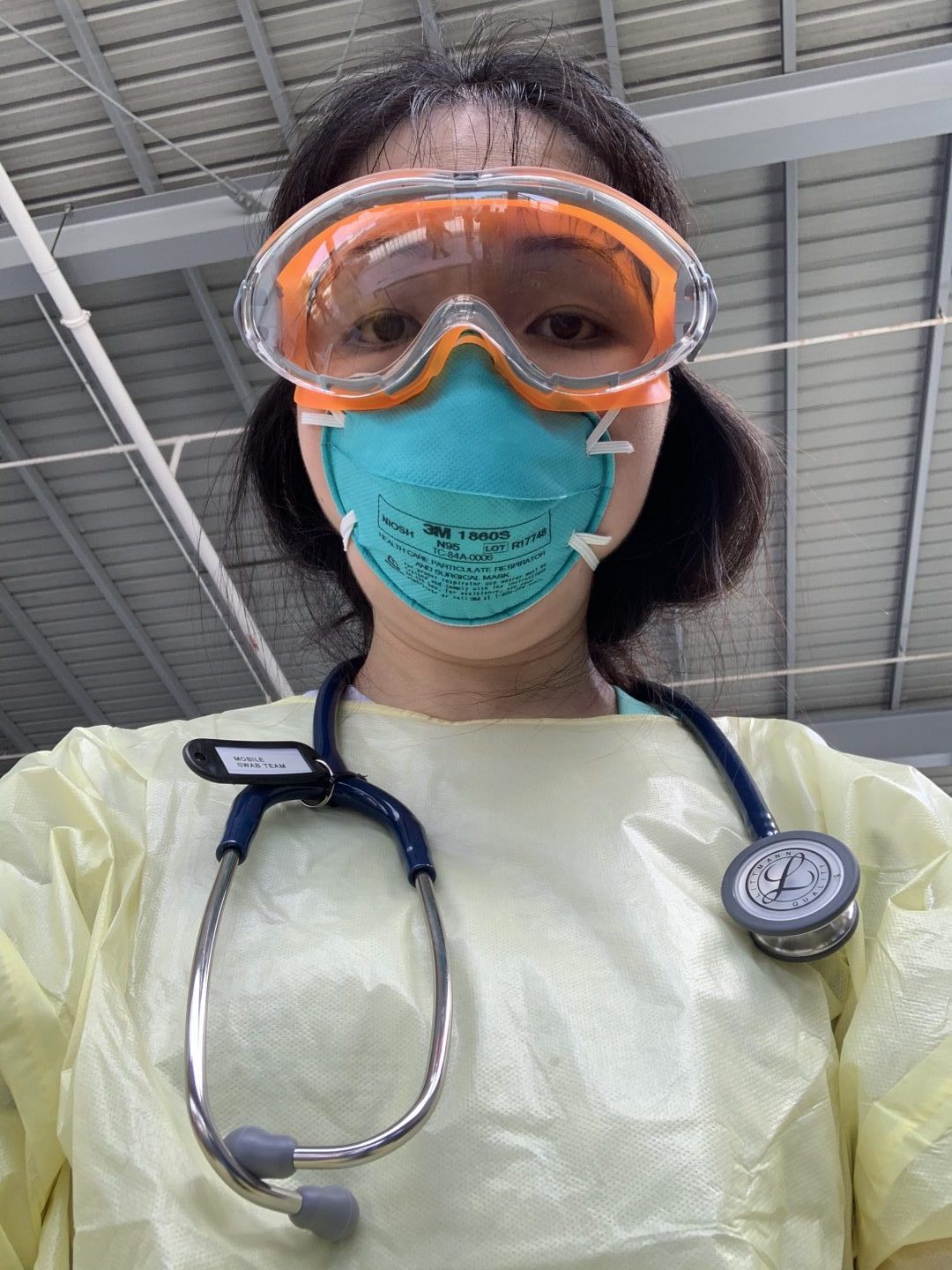
Masked, gowned and goggled for duty.
I asked silly questions: “So this is the triage right?”
It’s been seven years since I saw my last patient in a hospital setting, before I went on to do public health and medical education.
Then, in the midst of my teaching medical students, I suffered a health complication requiring urgent surgery.
As I recovered in the luxury of my own home, it was as if time had stopped. And the pain of watching a pandemic play out while I could do nothing snapped something deep inside.
The day before Good Friday, I started to weep. And it would not stop.
I knew, after all these years, God was calling me back to the frontline.
Broken vessels
Tears. Fear. Questions.
Tears. How they ran down. The same recurrent memory of being shouted at as a junior doctor still strikes coldness in my heart. (“You stupid, stupid house officer!”)
The hysterical crying that erupted when I broke bad news of a patient’s unexpected death still haunts me.
“While the world champions vessels of might and power, God looks for broken ones, eager to be refashioned.”
Fear. My husband, Cliff, is immunocompromised from his liver cancer and transplant. My two children are three and under.
Questions. How? When? Was I even capable of seeing patients anymore? Could I be useful? Wouldn’t I be a burden?
For years I had suppressed traumatic incidents that had happened in my early years of clinical work. I believed I had unintentionally contributed to a patient’s death, only hours after I had held her hand to assure her she would be discharged soon.
My seniors assured me that what had ensued was unforeseen. But I never quite recovered. I found comfort in the boundaries of public health and medical education, where I believed it was impossible to cause clinical harm.
Yet, in the furrows of an unfolding national disaster, I found myself weeping, pleading to God for answers.
How could I help? Even if I offered, who would want my skills?
For all my fancy accolades related to public health, I felt useless in this national crisis.
In desperation, I prayed for God to use me in some small way. Then, a more audacious prayer: God, bring me to the dormitories to help the migrant workers.
“It’s impossible to go in – they’re locked down,” I was told.
Then, a miracle.
Better still
My mentor was tasked to lead a team to recce a dormitory. The same day, I was connected to a migrant health non-profit regarding creating mental health support for quarantined migrant workers.
As God led me, I connected the two organisations. The ground-up efforts of the migrant non-profit and the medical structure of a healthcare institution combusted into a collaboration to provide help to those who needed it most.
“Like the widow with two mites was I with my meagre offering of faded clinical skills and shaky confidence.”
The very next day, on Good Friday itself, I found myself in a state of shock at my promptly answered prayer.
For there we all were, at one of the largest locked-down dormitory sites in Singapore.
What I thought would be a quick look-see recce trip quickly became a full-on mobile clinic and swab set-up.
My mentor, fully aware of the internal travail within me, smiled at me benevolently and passed me a set of personal protective equipment – mask, gown, goggles and all.
“Me?” I looked at him incredulously.
“You and I are the only doctors here.”
Melting under the steamy heat of the protective gown under my foggy goggles and feeling slight faint under the suffocating N95, I felt God’s cool refreshing touch as I felt Him say: “Your prayer is answered. To be useful. And better still, at the frontline.”
On the way home, I wept inconsolably.
God at the frontline
Putting my shoes outside our door, skirting in sideways so I wouldn’t touch anything, asking my husband to bring me a change of clothes and bleach in a bucket so I wouldn’t risk passing on the virus to our children, I continued to cry in the shower.
As I washed my hair and feet from tears and sweat, I remembered Jesus’ death on the cross and what it represents – total surrender.
I remembered that what God requires is not capability but availability, surrender and obedience. While the world champions vessels of might and power, God looks for broken ones, eager to be refashioned for fitful use in the Master’s hands.
Like the widow with two mites was I with my meagre offering of faded clinical skills, shaky confidence and clinical trauma complex.
“In these unprecedented times, we are all in the frontline, with Him fronting the battle for us.”
Yet, God did not despise the widow. He loved and embraced her offering.
That Good Friday, God smashed my inadequacy and self-doubt. My mentor texted me that night, “You still have much to offer, Wai Jia.”
Within a few days, great acceleration took place. Re-training and deployment opportunities were opened to me. I could make meaningful connections between organisations to help the migrant workers. Cliff gave me his full support, in spite of his own condition.
I am learning that God looks at our offering very differently from the way we do.
However useless or worthless we may feel about ourselves, however ashamed we may feel about what we have to offer, God cherishes that we might have “put in more than all the others” when we give it with all our hearts.
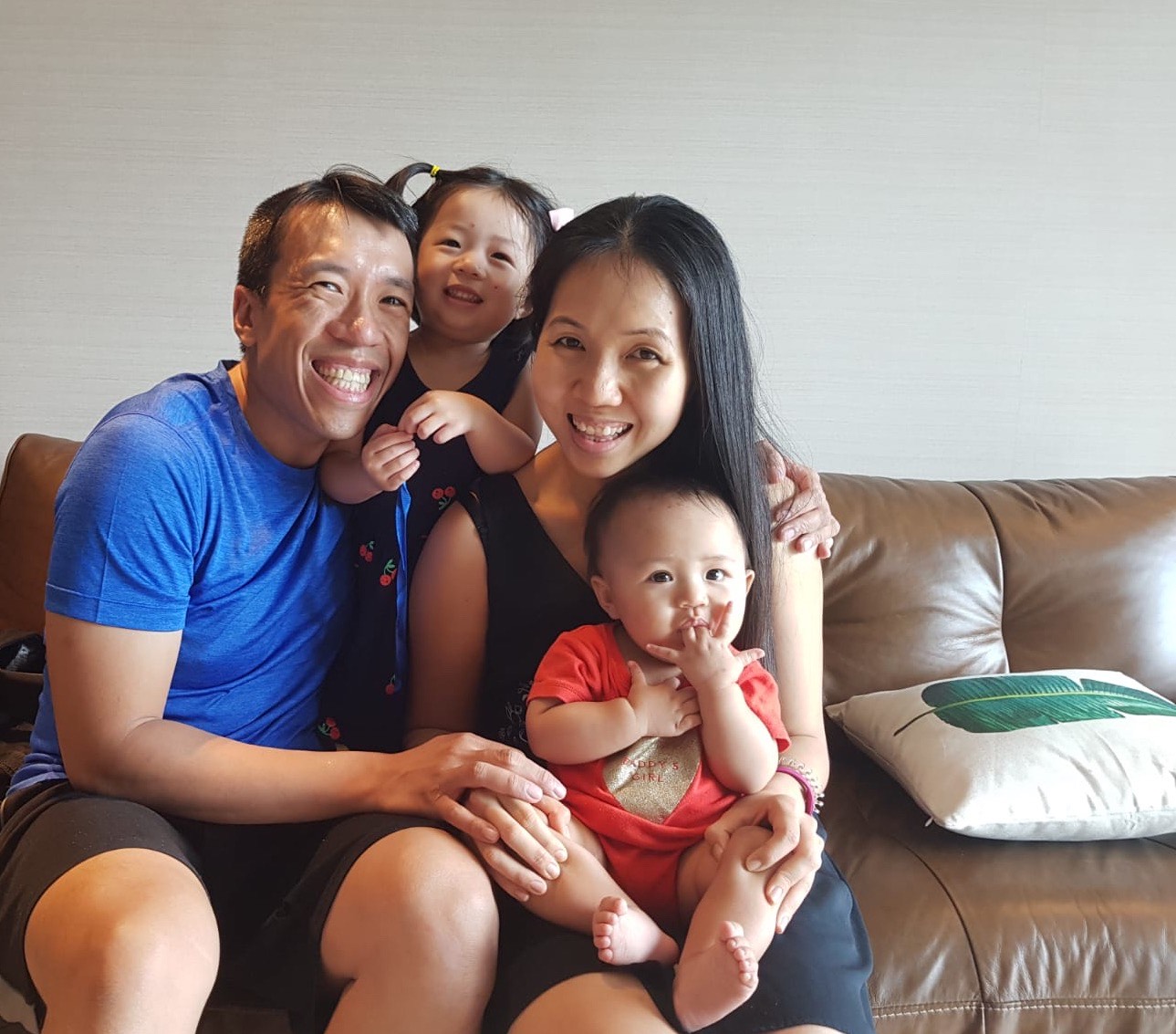
Wai Jia with husband, Cliff, and their two daughters aged three and one.
I am learning that when He calls us to the frontline, whether it’s managing the outbreak at the migrant dormitories, or opening our homes to the homeless, or helping our elderly neighbours with groceries, we can be sure that God Himself is at the frontline already, simply inviting us to experience the joy of service with Him.
In these unprecedented times, we are all in the frontline, with Him fronting the battle for us.
No offering is too small. See you at the frontline.
We are an independent, non-profit organisation that relies on the generosity of our readers, such as yourself, to continue serving the kingdom. Every dollar donated goes directly back into our editorial coverage.
Would you consider partnering with us in our kingdom work by supporting us financially, either as a one-off donation, or a recurring pledge?
Support Salt&Light